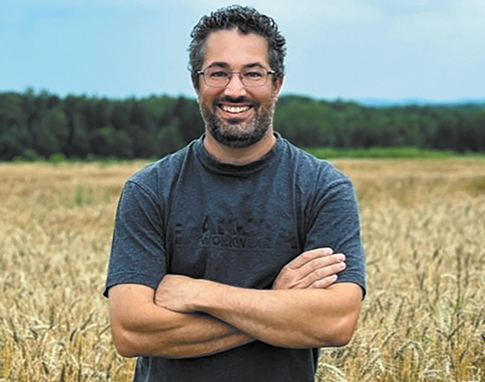
Joel Lamarche
Provincial government data tells a different story.
New Brunswick budget documents show in 2004-2005, the government of the day earmarked more than $28 million for the department.
In 2014-15, New Brunswick calculated more than $36.5 million in spending for the ag department.
And budget data for 2024-2025 indicates the provincial government set aside more than $48 million for agriculture, aquaculture and fisheries.
The incoming Holt government also needs to focus on bringing in more agrologists to work for the provincial department, Lamarche added.
“We’ve lost a lot of agrologists and now all the ones that help us are private and that costs farmers a lot of money,” he said.
Foreign land ownership is another issue of concern for New Brunswick producers.
The province, along with B.C., Ontario and Nova Scotia, has no restrictions on foreign ownership of farmland.
This puts farmers in vulnerable positions.
“I know the Ontario teachers’ fund is here,” Lamarche said. “You’ve got pension funds or people who aren’t residents that buy the land and want to make money off of it, and they compete with us. “They lease the land to farmers. but prices have skyrocketed in the last five to 10 years and it’s barely affordable for farmers right now.”
Indeed, prices have gone up during that time.
In 2013, the value per acre of farmland and buildings in New Brunswick was $1,829. In 2023 it was $4,340.
The Agricultural Alliance of New Brunswick wants the incoming Liberal government to put measures in place to support farmers.
“It doesn’t matter that party forms government, our mandate is to lobby on behalf of New Brunswick farmers and that’s what we’re going to do,” Lamarche said.